 Welcome
Welcome
“May all be happy, may all be healed, may all be at peace and may no one ever suffer."
Down syndrome

Down syndrome is a genetic condition caused by the presence of an extra copy of chromosome 21. This extra genetic material leads to a range of physical and intellectual disabilities, as well as an increased risk for certain health problems.
The physical characteristics of Down syndrome may include a flat facial profile, upward slanting eyes, a small nose, a protruding tongue, and a small head and ears. Individuals with Down syndrome may also have heart defects, hearing and vision problems, and digestive issues. They may also experience delays in physical and intellectual development, with mild to moderate intellectual disability being common.
While there is no cure for Down syndrome, early interventions such as physical, occupational, and speech therapy, as well as educational and social support, can help individuals with Down syndrome reach their full potential. Medical treatments may also be necessary to manage any associated health problems.
The life expectancy for individuals with Down syndrome has increased over the years, with many individuals living into their 60s and beyond. However, they still face an increased risk for certain health problems, such as respiratory infections, leukemia, and Alzheimer's disease.
Prenatal testing can detect the presence of Down syndrome during pregnancy, and parents can work with their healthcare providers to make informed decisions about their pregnancy and prepare for the care of a child with Down syndrome.
Research Papers
Disease Signs and Symptoms
- Flattened face
- Small head (microcephaly)
- Short neck
- Large protruding tongue
- Unusually shaped or small ears
- Weak muscle tone (hypotonia)
- Excessive flexibility
- Short height
Disease Causes
Down syndrome
Human cells normally contain 23 pairs of chromosomes. One chromosome in each pair comes from your father, the other from your mother.
Down syndrome results when abnormal cell division involving chromosome 21 occurs. These cell division abnormalities result in an extra partial or full chromosome 21. This extra genetic material is responsible for the characteristic features and developmental problems of Down syndrome. Any one of three genetic variations can cause Down syndrome:
- Trisomy 21. About 95 percent of the time, Down syndrome is caused by trisomy 21 — the person has three copies of chromosome 21, instead of the usual two copies, in all cells. This is caused by abnormal cell division during the development of the sperm cell or the egg cell.
- Mosaic Down syndrome. In this rare form of Down syndrome, a person has only some cells with an extra copy of chromosome 21. This mosaic of normal and abnormal cells is caused by abnormal cell division after fertilization.
- Translocation Down syndrome. Down syndrome can also occur when a portion of chromosome 21 becomes attached (translocated) onto another chromosome, before or at conception. These children have the usual two copies of chromosome 21, but they also have additional genetic material from chromosome 21 attached to another chromosome.
There are no known behavioral or environmental factors that cause Down syndrome.
Is it inherited?
Most of the time, Down syndrome isn't inherited. It's caused by a mistake in cell division during early development of the fetus.
Translocation Down syndrome can be passed from parent to child. However, only about 3 to 4 percent of children with Down syndrome have translocation and only some of them inherited it from one of their parents.
When balanced translocations are inherited, the mother or father has some rearranged genetic material from chromosome 21 on another chromosome, but no extra genetic material. This means he or she has no signs or symptoms of Down syndrome, but can pass an unbalanced translocation on to children, causing Down syndrome in the children.
Disease Prevents
Down syndrome
There's no way to prevent Down syndrome. If you're at high risk of having a child with Down syndrome or you already have one child with Down syndrome, you may want to consult a genetic counselor before becoming pregnant.
A genetic counselor can help you understand your chances of having a child with Down syndrome. He or she can also explain the prenatal tests that are available and help explain the pros and cons of testing.
Disease Treatments
Early intervention for infants and children with Down syndrome can make a major difference in improving their quality of life. Because each child with Down syndrome is unique, treatment will depend on individual needs. Also, different stages of life may require different services.
Team care
If your child has Down syndrome, you'll likely rely on a team of specialists that can provide medical care and help him or her develop skills as fully as possible. Depending on your child's particular needs, your team may include some of these experts:
- Primary care pediatrician to coordinate and provide routine childhood care
- Pediatric cardiologist
- Pediatric gastroenterologist
- Pediatric endocrinologist
- Developmental pediatrician
- Pediatric neurologist
- Pediatric ear, nose and throat (ENT) specialist
- Pediatric eye doctor (ophthalmologist)
- Audiologist
- Speech pathologist
- Physical therapist
- Occupational therapist
You'll need to make important decisions about your child's treatment and education. Build a team of health care providers, teachers and therapists you trust. These professionals can help evaluate the resources in your area and explain state and federal programs for children and adults with disabilities.
Disease Diagnoses
Disease Allopathic Generics
Disease Ayurvedic Generics
Disease Homeopathic Generics
Disease yoga
Down syndrome and Learn More about Diseases

Complex regional pain syndrome
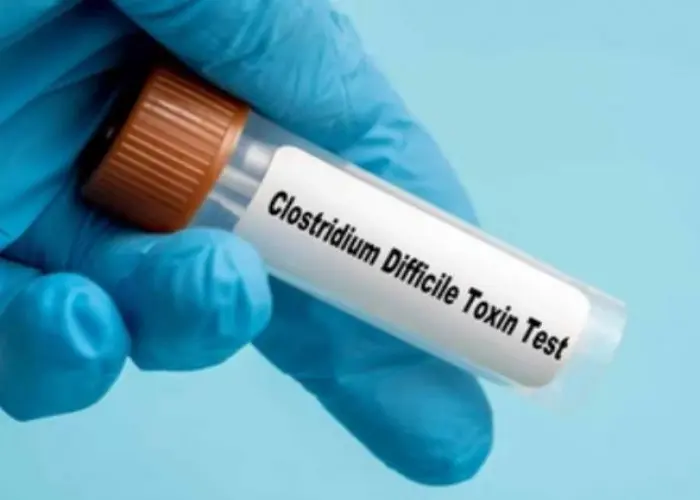
Antibiotic-associated diarrhea
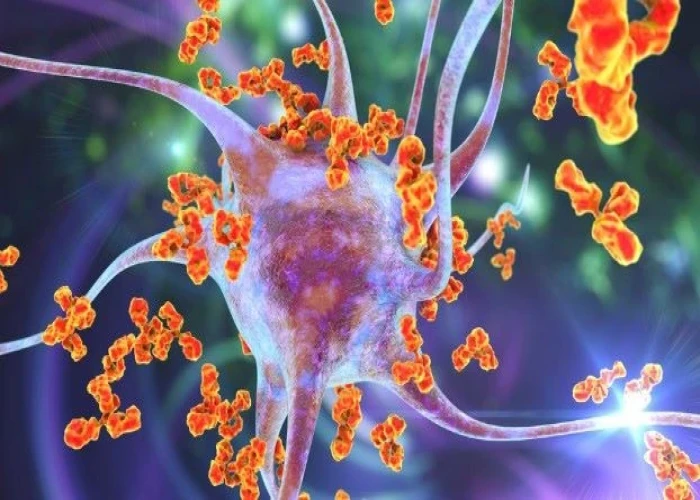
Paraneoplastic syndromes of the nervous system

Membranous nephropathy

Broken collarbone
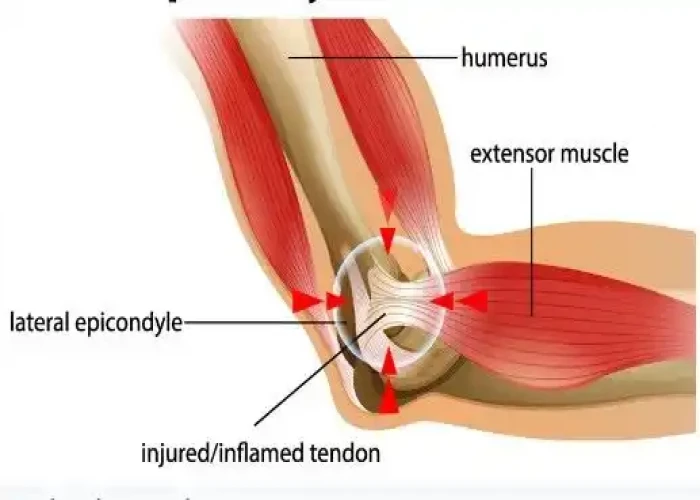
Tennis elbow
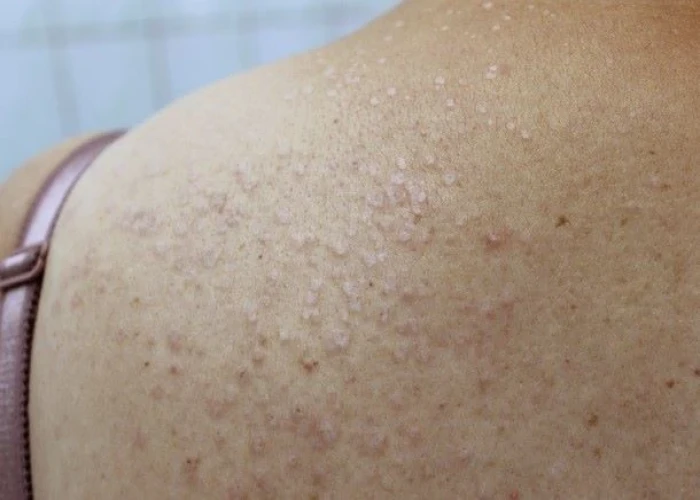
Lichen sclerosus
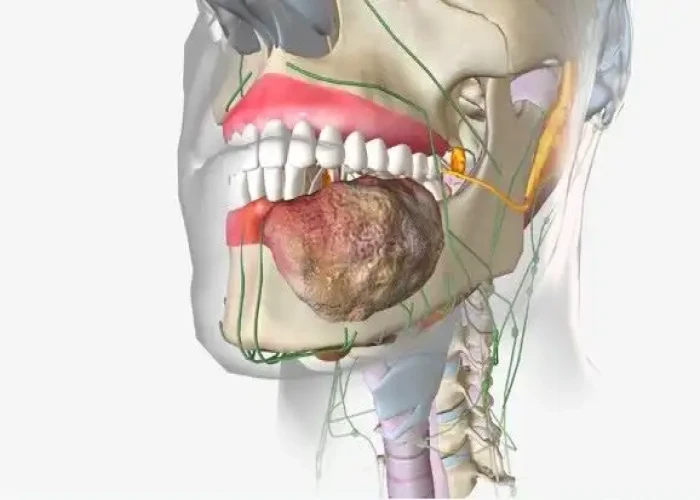
Soft palate cancer
down syndrome, ডাউন সিনড্রোম
To be happy, beautiful, healthy, wealthy, hale and long-lived stay with DM3S.
